The world has come a long way since “globalization” first became a buzzword in the 1990s. Today that word is used less often because the internationalization of business and trade is no longer a new idea. It’s simply the expected norm. However, just because it is the norm does not mean the idea isn’t relevant anymore. If anything, it is more relevant than ever. Recent research by the World Bank as well as a joint study by NYU’s Stern School of Business and the global shipping company DHL show that globalization continues to be a driving force of economic development around the world. Moreover, it is being fueled by the rapid development of technology.
Research also shows that amid this increasingly interconnected future, employers around the world highly value employees with intercultural and international skills. They know that such skills lead to benefits such as developing relationships with more new clients, building trust with existing clients, building a strong reputation, more efficient teamwork, and increased productivity and sales. Conversely, employers also understand the risks when employees lack intercultural skills. These risks include miscommunication and conflict within teams, cultural insensitivity towards overseas clients or business partners, global reputational damage, and loss of business.
Clearly, it’s important for anyone who wishes to be successful in international business to be equipped with intercultural skills, and that is what the Master of Business Administration (MBA) and Master of Science in Global Leadership (MSGL) dual degree program jointly offered by Centro de Enseñanza Técnica Y Superior (CETYS) Universidad and the University of San Diego (USD) is designed to do. Furthermore, it’s designed to not just equip people with international business skills but also the leadership skills to lead in a global context.
Boosting Their Appeal in the Job Market
Strengthening her appeal to potential employers in this way was part of Julia Zuniga’s motivation for applying to the double degree program. Julia, who enrolled in the MBA/MSGL program in the fall of 2020 and graduated in the fall of 2023, originally found out about it while looking into the regular MBA program at CETYS. Born in Mexico, Julia moved to the U.S. with her family when she was 5 and then returned to Mexico when she was 20 to begin a job in telecommunications which involved crossing the border regularly. This instilled in her an early appreciation for the value of intercultural skills and communication, which in turn resulted in her opting for the double degree program at CETYS and USD instead of just the regular business program at CETYS. She felt that it would make here an even stronger candidate in the job market and also made more sense given her bicultural background
For her classmate Ana Hernandez, a major reason for choosing the CETYS-USD dual degree program was the fact that she aspires to an eventual management position with her current employer, Collins Aerospace, which requires everyone in management positions to have MBAs. It is of course fairly common for employers to require or prefer that candidates for management and executive positions possess MBA degrees. Ana, who enrolled in January of 2022 and is currently doing her capstone project for the final part of the program, also comes from a bicultural background, having been born in San Diego but grown up in Tijuana, with family on both sides of the border in Mexico as well as in the U.S. in California and Arizona. Ana considers herself fortunate in that she knew early on that she wanted to spend the rest of her life working in supply chains. It was the first kind of job she got out of college and is what she still does today.
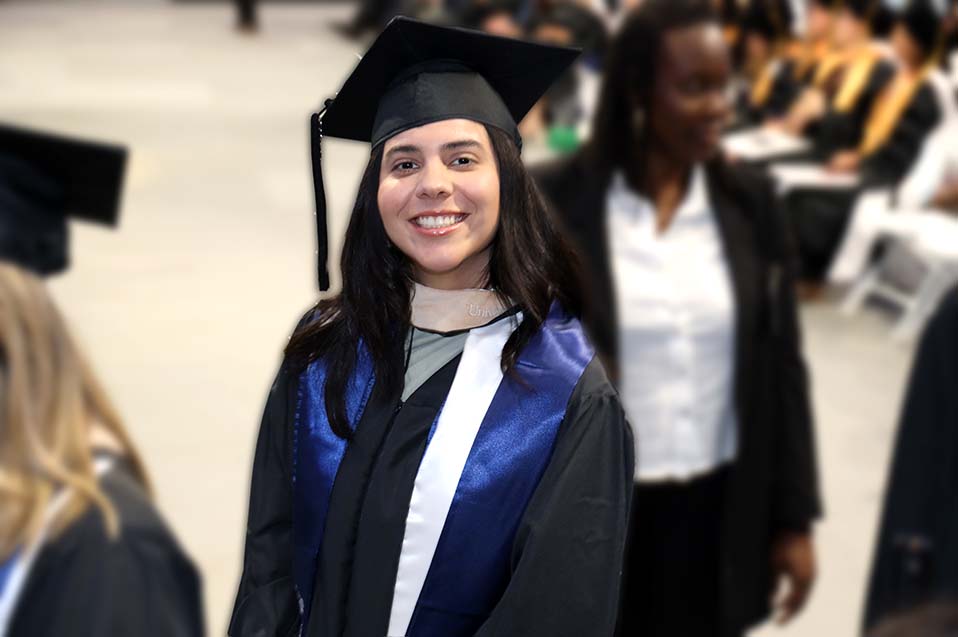
Rebecca Sanchez-Flores, Academic Coordinator of the double degree program and a professor of supply chain management, affirms that the program “provides a binational emphasis and international view of business” and that Ana and Julia are exactly the kinds of students the program was custom tailored for—people “who are working and have a professional background who either live in the U.S. and work in Mexico or vice versa (living in Mexico and working in the U.S.).”
Although the geographical location of CETYS and USD makes this program have a natural appeal to those who have lived and worked in the U.S.-Mexico border region, by no means is the program’s relevance limited to this demographic. Sanchez states that the program and curriculum are designed to have an “international, worldwide vision” which is why the program can also appeal to students from Miami, Florida, for example, or even as far away as China.
Maximum Flexibility for a Wide Range of Situations
One of the hallmarks of the program is its multifaceted flexibility. For instance, the courses that make up the curriculum of this program are taught at both the Mexicali and Tijuana campuses of CETYs, and students are free to change their campus of choice in different semesters. They can even choose to go remote for certain classes or for every course during a given semester. This allows working professionals to adjust their learning arrangements as needed, and it allows a student like Julia to finish the program and graduate despite having had to move to Phoenix, Arizona, before completing her studies. While, in Julia’s case, she was able to make the long drive to join her classes in-person, having the option to join remotely was definitely a plus.
The flexibility of the CETYS-USD dual degree program results in a diverse body of students, which leads to another benefit that both Julia and Ana found very beneficial: the organic networking that occurs among the students, many of whom are going through the program while working full-time.
For Ana, the networking was one of the main advantages of the program. Her classmates included professionals from diverse fields as young as 25 as well as those in their 40s and 50s who have advanced far in their careers but are still looking to improve themselves. “One of the things I take away and fully appreciate from this double master’s program is the networking because I have learned so much from so many people,” she says. “Sometimes when you’re in procurement, or when you’re in corporate, you don’t always have this straightforward path of being able to talk to someone who is, for example, the operations manager of all Latin America for a company. But then sitting in your class, you find out that he’s the guy sitting next to you.”
She adds that this building of relationships with her classmates made it feel like she was “in the right place.” She adds, “Not only do you learn from your teachers but you learn from your classmates as well, and that doesn’t just happen every day.”
While the organic networking happens naturally, students in the program can take advantage of formal networking opportunities as well. Julia recalls a supply chain class she took in a course that was taught in Madrid in which the professor introduced the class to numerous high-level people in the business world. “They all offered to help us with questions or even with business ideas,” she remembers.
Such organic and structured networking can sometimes lead to students joining forces to start business ventures together, as two of Ana and Julia’s classmates did. But more commonly it builds the kinds of connections that are so important in the job-searching process. With job-searching being as challenging as it is, having the right kinds of connections is more important than ever.
Real World Practicality and Immediate Results
The practicality of the CETYS-USD dual degree program perhaps reaches its peak in the program’s capstone project which students do in their final year and which is designed to integrate the knowledge of everything they have learned using a real case study. Students are grouped into teams and try to solve a problem or issue presented by a real-life client. An example of this might be a company wishing to expand its operations in a new country and seeking consultation about which country would be most promising. In this instance it would be the students job to research and present solutions for the client’s concerns. Throughout the project they interact with both the client and the professor who provide feedback on the students’ efforts and give them a final evaluation.
For Julia, the capstone project was another highlight of the program. “You have to put together everything you’ve learned with the international business side and the global leadership side,” she affirms. “So that really gave me a different perspective of all the business aspects you have to consider when you’re working internationally.”
Both Ana and Julia state that the program has equipped them with the knowledge, skills, and connections they need to succeed in their chosen fields, and both can point to recent and specific examples. For Ana, who hasn’t graduated from the program yet, the skills she learned in her International Negotiation class are already proving to be highly useful in a current project at work where she is negotiating international contracts and prices in her role as a procurement specialist. “I was the type of person to think that you couldn’t learn negotiating skills,” she says. “You either have them or not. And that class proved me wrong, and I learned so much.”
For Julia, who graduated in 2023 and is working with clients from multiple countries such as Chile, Argentina, Colombia, and even Ireland, the program as a whole—and the Leading Diverse Global Teams class in particular—has proven to be priceless for her professional development. “We’re so used to just being in the U.S. and Mexico,” she states, “and so when you take a global leadership degree you’re exposed to the international relationships that you need to learn how to develop. The diversity class teaches you how to understand different cultures and how everybody conducts business—if it’s fast, if it’s slow, processes that are different in every country. And that not everybody does it like in the U.S. and Mexico. In the U.S., we want everything done quick. In other countries, they’re slow. They don’t make decisions as fast or they don’t respond, and so you have to be proactive and keep reaching out because if you don’t it doesn’t keep the ball rolling—that kind of stuff. I can tell you about what every single one of those seven classes [in the global leadership part of the program] taught me and how I’m now addressing it or using it in my current role. So it really did make a difference for me.”
The Doors to the Future Are Wide Open
As mentioned, the double degree program goes far beyond simply building international business skills. It also builds a foundation of leadership skills that each student can take into their futures. In Julia’s case, for now she plans on continuing to work at Honeywell due to the wealth of opportunities to learn there, but eventually she hopes to branch out into entrepreneurship. “10 years from now I will have had as much preparation as I possibly can,” she says, confidently. “I have those leaders [at Honeywell] right now that can teach me and help me continue developing along with what I learned in the dual degree program.”
But entrepreneurship can sometimes be a lonely path and Ana is someone who loves interacting in-person with people every single day and being in the dynamic environment of a busy workplace. Since she is already in the field that she wants to spend her life working in, her plan is to stay at her current company and rise through the ranks into a management position which, as mentioned, requires that she have an MBA. Thanks to the dual degree program, she is obviously now set in that regard.
Both Ana and Julia suggest that the best thing to do for anyone considering enrolling in the dual degree program is to talk to current and past students. Of course, that includes themselves. Both say that they cannot recommend the program enough and that they’re confident others from the program would say the same.
“I would say that one of the best ways would be to talk to somebody that has done the program because I can probably tell you that the majority of the people that have done the program will tell you to do it,” says Julia. “Somebody that’s going to be in CETYS is going to be somebody that wants to keep developing. So I think it’s worth your while to hear their opinion because the people in this type of program, specifically, are people that are on the same path as you are.”
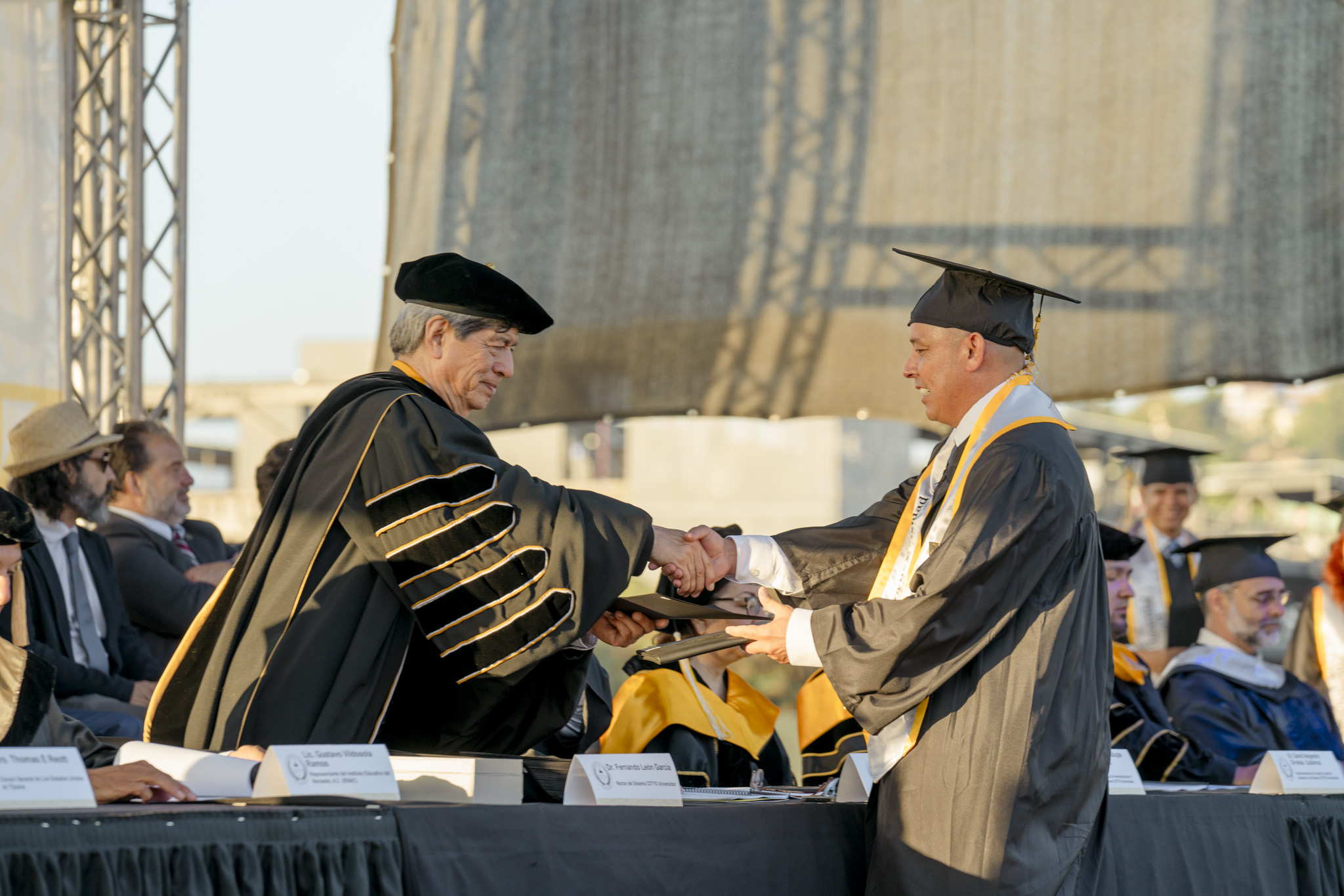

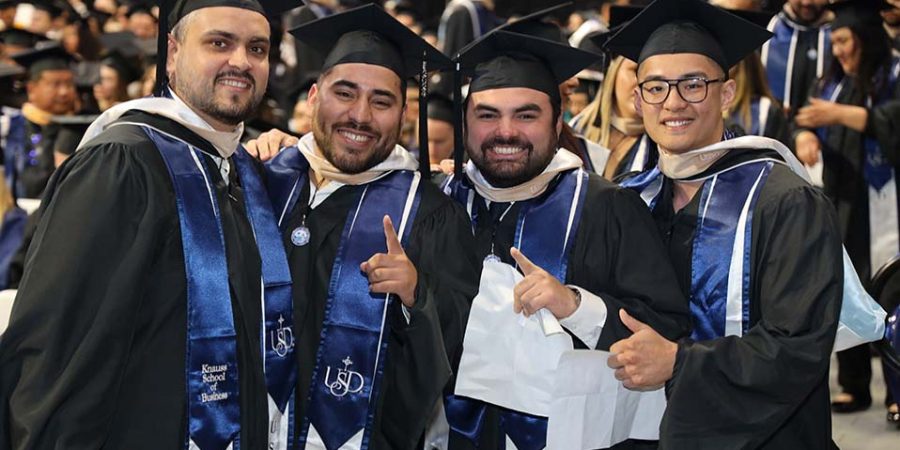

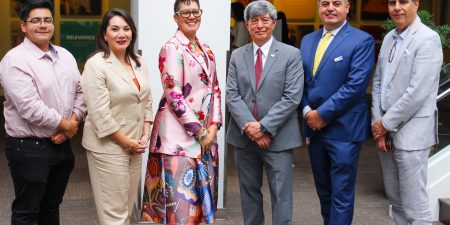

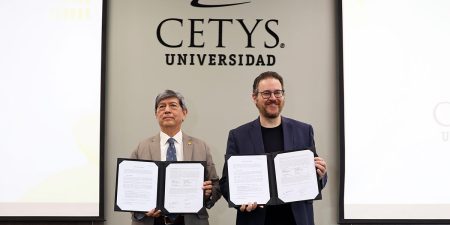
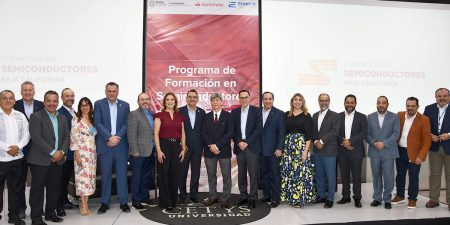

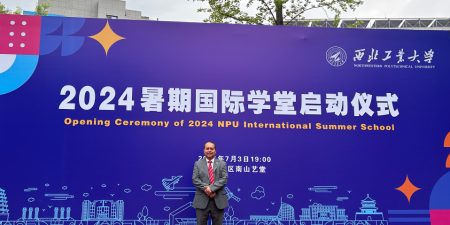
Leave your comment